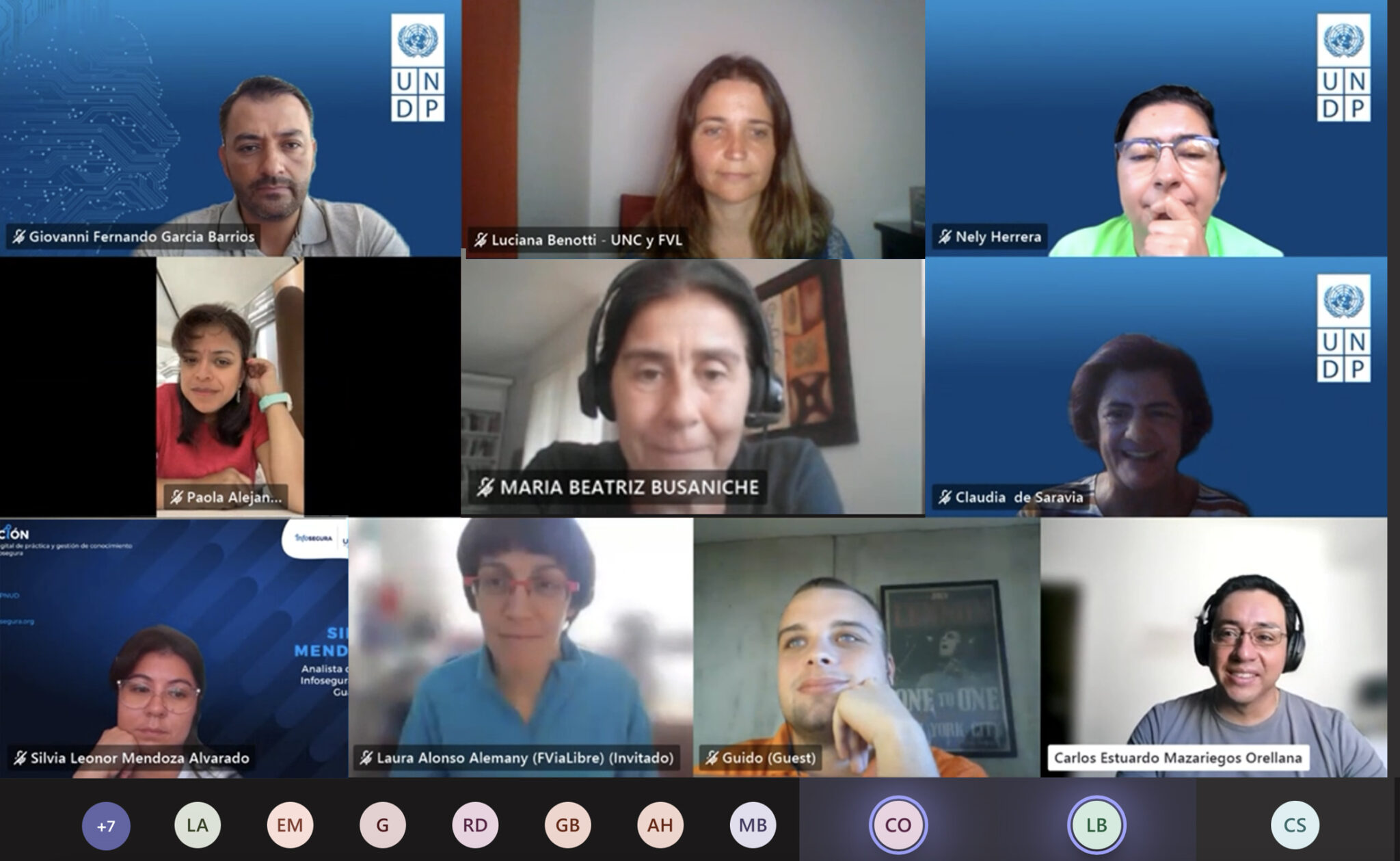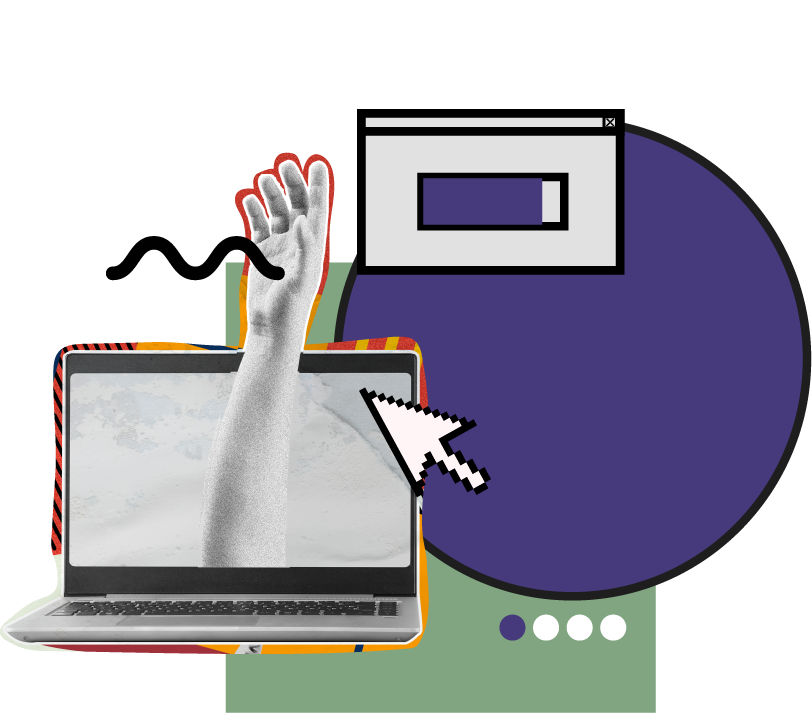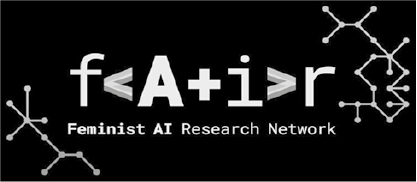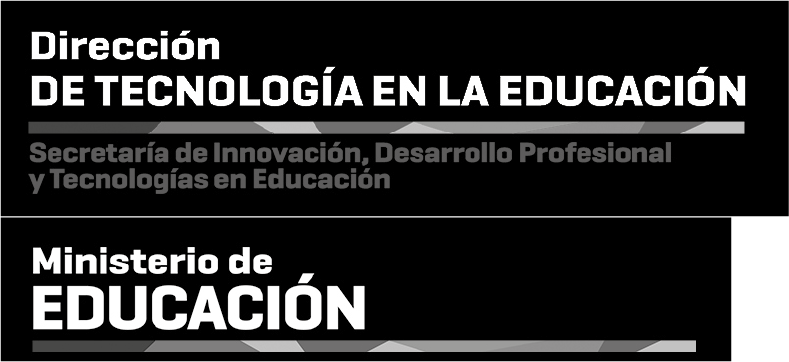Discrimination in Artificial Intelligence
On Monday, June 26th, we held a meeting with representatives from the United Nations Development Programme (UNDP) in Guatemala. The meeting, which involved the participation of over twenty individuals, focused on the potential of EDIA (Stereotypes and Discrimination in Artificial Intelligence) to assess processes involving language technologies under the UNDP’s umbrella. During the meeting, discussions revolved around the risks of discrimination in human language technologies and the importance of addressing language models (such as ChatGPT) from a more social and people-centered perspective.
The objective was to analyze and understand the benefits and risks of language technologies, especially concerning the detection and mitigation of biases and stereotypes in these resources. We sought to illustrate how these applications are being used and can be used in various fields such as health, and gender-based violence, and to highlight the importance of developing a critical view of them.
The meeting was moderated by Carlos Mazariegos from the UNDP Acceleration Lab, and involved different voices from the Programme, who highlighted the interest in examining technologies from a more social perspective. Representing the Foundation, Beatriz Busaniche provided an introduction emphasizing the importance of contextualizing this work in Latin America and considering the region’s particularities when addressing these technologies that must be designed for and by the territories where they will be used.
From the AI ethics team, we presented our instrument: EDIA, a free and open-source tool, just like the language models it uses. Created to examine and evaluate the biases and stereotypes within artificial intelligence systems, EDIA also enables the participation of experts in bias diagnosis, and has the ability to adapt pre-trained language models to local data. During the discussion, Laura Alonso Alemany emphasized the urgency of developing a critical view of these technologies, as while they offer great advantages, their automation can also lead to harm in the reproduction and amplification of discrimination. Guido Ivetta illustrated different functionalities with examples of the prototype and the importance of intuitively visualizing biases in language models. Luciana Benotti explored the possibility of adapting pre-trained language models, such as BERT, GPT-3, and ChatGPT, to create similar technologies tailored to our culture and local problems with limited resources.
Additionally, from Vía Libre Foundation, we delved into a specific case: “Sara,” a chatbot designed to prevent violence against women, girls, and adolescents, created by the UNDP in collaboration with the United States Agency for International Development (USAID). The presentation highlighted how EDIA could improve paraphrase comprehension and, therefore, enhance the interaction of the chatbot itself.
During the meeting, we agreed on the need to validate and contextualize these tools to avoid the construction of new risks. Future joint partnerships were also explored.
To learn more about the Sara project:
Also, remember that you can try out the EDIA tool demo at:
https://huggingface.co/spaces/vialibre/edia
About UNDP
The United Nations Development Programme (UNDP), through its digital strategy and strategic plan, presents a long-term vision to create a world where digital is a force of empowerment for people and the planet, seeking to support countries in three directions of change: structural transformation, leaving no one behind, and building resilience. It underscores the importance of digital as one of the three facilitators to achieve this change.
https://www.undp.org/es/guatemala
The UNDP’s network of accelerator labs is composed of 91 lab teams covering 115 countries. The labs are designed to close the gap between current international development practices and a rapidly changing pace. They model a new capacity to achieve advances in the future of development, including the fourth industrial revolution.







